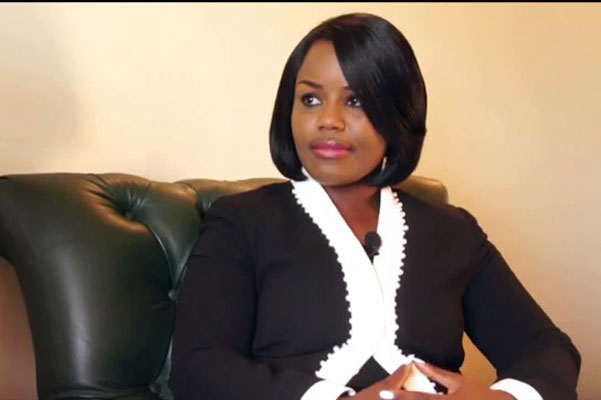
THE giant billboards draped from the sides of the Zanu PF headquarters in Harare show not just that the party has a new leader, but that it is campaigning differently.
BY OUR CORRESPONDENT
Following the ouster of long-time Zimbabwean leader Robert Mugabe in November last year, political parties and independent candidates have developed new campaign strategies that they hope will help them win the hearts and minds of the electorate.
A lot is at stake. President Emmerson Mnangagwa is forced to fight to gain legitimacy after he came to power through a military coup or rather military intervention, as he would like the events of November 2017 to be called.
He has literally painted the country green with his huge and lavish campaign billboards inscribed with various messages to lure votes ahead of the elections, from which he hopes to gain legitimacy, after toppling his mentor Mugabe in a coup last year.
In the many billboards, Mnangagwa is promising good healthcare, sound education, modern infrastructure, free and fair elections, to stamp out corruption and, above all, deliver the “Zimbabwe you want” as he tries to fend off competition from the charismatic MDC Alliance presidential candidate Nelson Chamisa.
Mnangagwa’s closest challenger, Chamisa has been holding countrywide rallies hoping to garner rural support , which has traditionally been a Zanu PF stronghold. The MDC Alliance says it is prioritising the rural areas in their campaign, where they believe the majority of the people live.
“His campaign message, anchored on the tripod pillars of transformation, opportunities and prosperity, has enthralled the nation.
- Chamisa under fire over US$120K donation
- Mavhunga puts DeMbare into Chibuku quarterfinals
- Pension funds bet on Cabora Bassa oilfields
- Councils defy govt fire tender directive
Keep Reading
“President Chamisa has promised a massive transformation of the rural areas and a positive upliftment of the people through a novel and innovative programme dubbed ‘DURA’, an acronym for development and urbanisation of rural areas,” said Luke Tamborinyoka, the MDC-Alliance presidential spokesperson.
The MDC Alliance is also very active on social media platforms, mainly Facebook, Twitter and WhatsApp.
During the Mugabe era, all open spaces, trees, precast walls and private properties would be by now all littered with political campaign posters, a far cry from the “modern” ED campaign.
Interestingly, other small and new political parties are conspicuous by their absence on the political landscape with barely three months left before the elections are held.
On the other hand, Alliance for the People’s Agenda leader Nkosana Moyo doesn’t believe in rallies and party regalia, but will his campaign strategy work?
“We are on social media and we are covering the whole country, meeting people door-to-door.
“This is our election strategy, it’s door-to-door, it’s substance, a conversation where you can ask me what concerns you, I am not shouting at you standing over there at a rally and once you buy into my message, I will then expect you to personalise it and to talk with your friends and family,” said Moyo justifying his election campaign strategy.
Interestingly, many independent candidates have taken to social media selling their ideas and mainly targeting the youth vote.
“Winning the majority is all about being the candidate with better strategic support.
“In a local election, people prefer a candidate who is part of the community and I believe I fit in very well since I was born and bred in Glen View,” said Maxwell Kasema, an independent candidate for the Glen View South constituency.
“Our campaign is focusing on indulging the community. This process actually began long before I announced my candidacy.
“I have engaged the elderly and I am confident that they will support my cause as a son from the community.
“Glen View south deserves a representative who knows about the everyday challenges that affect the people and will proffer immediate solutions.”
In order to capture the imagination of the youth vote, Kasema, who has a passion for social justice, making a tangible difference in the community and resolving people’s problems, has developed a campaign video clip highlighting his election promises and has extensively shared the same on social media platforms.
Vocal independent candidate for Mt Pleasant constituency Fadzai Mahere has raised the bar on social media by calling on her followers on various platforms to bankroll her campaigns.
Over the past eight months, Mahere has raised a substantial amount of money for her campaign.
The National Patriotic Front, a political party that some analysts are convinced could inflict significant damage on the ruling party in this year’s general elections, has also been very active on Twitter via its spokesperson Jealousy Mawarire.
For the 2018 harmonised elections, the difference between a winning campaign and a losing one is that the winning one had a better strategy.
The majority of voters have already made up their minds on their voting preferences.











